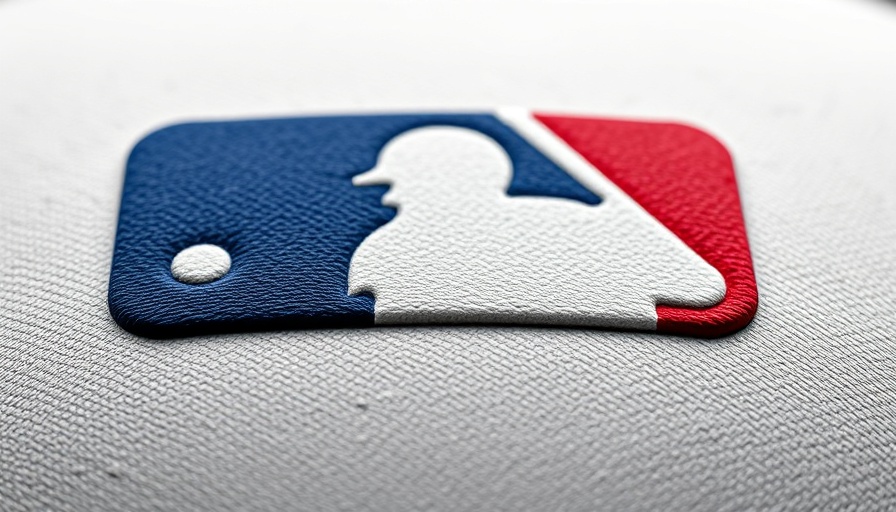
The Future of Baseball Viewing: MLB Embraces Change
In a groundbreaking move, Major League Baseball (MLB) is reportedly contemplating licensing its streaming service, MLB.TV. This initiative indicates a significant shift in the league’s approach to broadcasting amid a rapidly evolving sports media landscape. As traditional regional sports networks (RSNs) struggle with declining subscriptions and increased competition from streaming platforms, MLB’s potential pivot could reshape how fans engage with the game.
The Decline of Regional Sports Networks: A Catalyst for Change
For years, RSNs have been the backbone of MLB's broadcasting model, providing teams with substantial revenue through cable subscriptions. However, the rise of cord-cutting has severely impacted these networks, leading to a dramatic contraction in their reach. Main Street Sports, formerly known as Diamond Sports Group, illustrates this trend; after enduring bankruptcy, it now manages a limited number of MLB contracts.
The changing tide has forced leagues to explore new revenue avenues. The realization that many fans prefer direct-to-consumer options highlights a growing disconnect between traditional broadcasting methods and modern viewing habits. MLB's willingness to explore licensing puts it at the forefront of this transformation, leaving room for innovative partnerships with tech giants like Apple and Netflix.
Direct-to-Consumer Streaming: A Game-Changer for Fans
MLB.TV has long been a fan favorite, granting subscribers access to live games, though with legacy local blackout restrictions. Now, as discussions of licensing heat up, the league's ambition to move past these blackouts could redefine viewer access. Just imagine watching every game without the anxiety of missing out due to regional restrictions!
Currently, only a few clubs lack their streaming platforms, indicating that teams recognize the value of direct fan engagement. This speaks volumes about how MLB is shifting focus and potentially inching closer to a model that prioritizes fans over outdated agreements with local networks.
Balancing Act: The Challenge of Sharing Revenue
One of the challenges of MLB's licensing discussions is the inherent tension between more profitable clubs and those who are still finding their footing in terms of revenue. While clubs with successful RSNs may hesitate to join an agreement that dilutes their earnings with less popular teams, the league is keenly aware of the necessity to unify the viewing experience for fans.
As MLB seeks to license its streaming service alongside other media rights, the balance of profitability across franchises will undoubtedly be a contentious issue. Can MLB convince teams that collaboration will benefit the overall brand while respecting individual legacies?
The Major Players: Who’s Interested in MLB.TV?
Executives from major companies such as Apple, Amazon, and Netflix have been observed expressing interest in sports broadcasting, as evidenced during the World Series. These conversations point to a shift where tech companies are not just content consumers but also content distributors.
This trend opens up the landscape for MLB.TV to not just survive, but thrive in a competitive market. Collaborating with these major players might just be the catalyst for transforming baseball viewership into a more accessible and engaging experience.
Looking Ahead: What This Means for Fans and the Game
The implications of MLB's willingness to license its streaming service extend far beyond simple economics. For dedicated fans, the prospect of enjoying their favorite teams without the burden of blackout restrictions is exhilarating. This could usher in a new era where viewing options are not only comprehensive but reflective of the fans’ preferences.
However, the transition won't be without obstacles. Fans will need to stay tuned as MLB navigates through a complex landscape filled with negotiations, potential revenue-sharing conflicts, and the imperative of maintaining the essence of America’s pastime while evolving to meet modern demands.
As it stands, MLB's ambition challenges the perception of baseball as a laggard in leveraging new technologies. Let’s see how this evolves, and don’t forget to keep following for further updates on how streaming will change the game.
 Add Row
Add Row  Add
Add 




Write A Comment